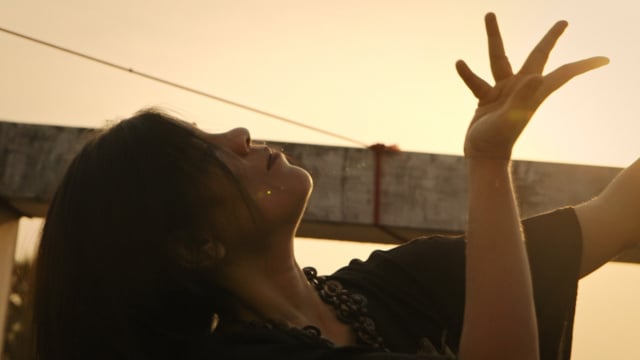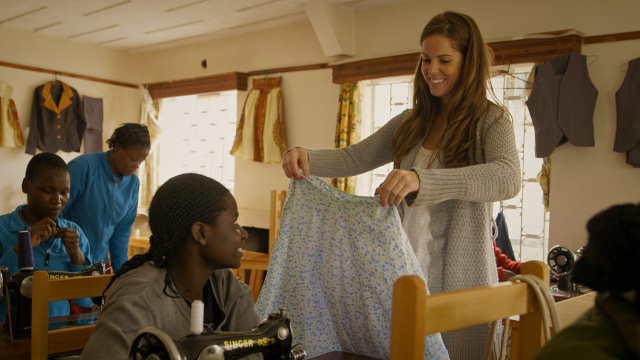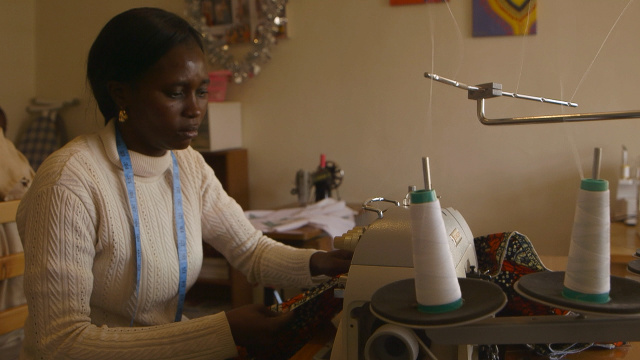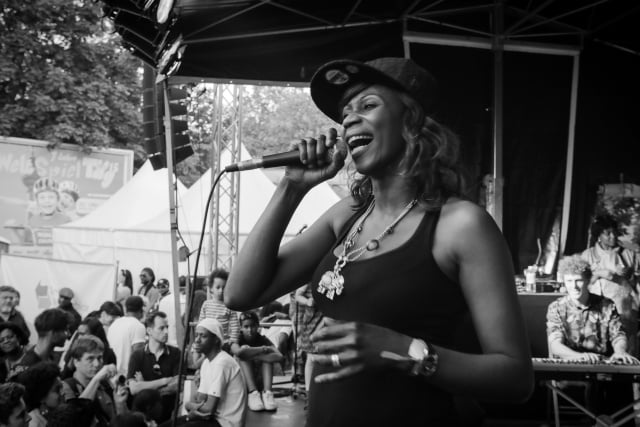About This Lesson
LITTLE STONES is an award-winning documentary which takes viewers on a global journey inside the lives and studios of four women fighting for equality. Directed by EMMY® Award-winning filmmaker Sophia Kruz, the documentary follows the uplifting stories of four women using rap, graffiti, fashion and dance to fight for women’s rights around the world.
Driftseed, a 501c3 nonprofit organization created by the filmmakers, partnered with the University of Michigan School of Education to create a series of lesson plans and arts workshops for high school students based on the Little Stones documentary. The purpose of this classroom initiative is to not only educate future leaders on global violence against women, but also to inspire innovative, collaborative, and non-traditional means of creating social change through the arts.
In LESSON SEVEN, students learn about the concept of objectification, analyze the objectification of women in popular music, and explore the ways that popular music can challenge objectification and empower women.
LEARNING OBJECTIVE: Students will be able to analyze the types of objectification present in song lyrics and music videos and critique the portrayal of women in samples of popular music.
TAKEAWAYS: The objectification of women in popular music, through devices such as silencing, denial of subjectivity, and ownership, have the potential to legitimize the abuse of the person being objectified.
Because objectivity removes the human factor, it is easier to treat a person being objectified as a dispensable thing, which makes violence against that person permissible.
Music is one of the most common avenues of cultural expression. Through song are passed values, perceptions, and stereotypes that impact the worldview of media consumers and society at large.
Themes of objectification and violence against women are common in contemporary popular music, across genres. The content of these songs legitimizes the abuse of women, and leads to the perpetuation of harmful cultural norms.
One way to contradict these harmful cultural norms is through re-purposing, and reclaiming media.
DURATION: 1 – 2 class periods, variable, depending upon if you use videos, and how much time you allot for discussion
Want more lessons on the Little Stones film?
Check out more free lessons and resources on Share My Lesson on the Driftseed partner page.













